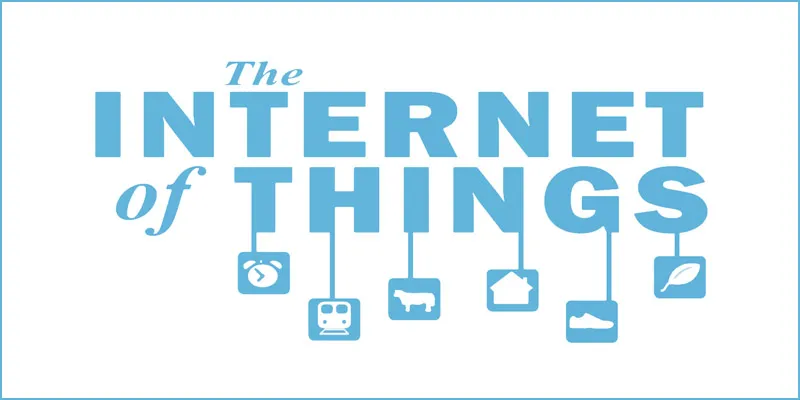Why businesses need to watch out for the Internet of Things
Intelligent devices and their ever-growing network encompassing our daily lives have emerged as a Utopian idea for our tech-savvy generation. As predicted by research firm IDC, by 2020 there will be over 28 billion objects with data exchange capabilities. Internet of Things (IoT) is already on its way to become the next big tech trend. Its enormous growth rate can be understood from a report by Gartner Inc. indicating that the use of IoT devices in 2015 was up by 30% from 2014.Furthermore, according to IDC predictions, the IoT market will hit $7.1 trillion by 2020.

IoT is central to smart homes, smart shopping, smart transportation and smart healthcare. Embedded software, hardware devices and communication services are interconnected. This forms a complicated network of information, most of which is stored on the Internet. With increased proliferation of Internet networks, security has emerged as the most critical factor as devices are vulnerable to sophisticated hacking activities.
In fact, the perilous security condition has facilitated the creation of a massive IoT security market. According to a forecast by Technavio, the global IoT security market will grow at a Compound Annual Growth Rate of 54.93% from 2014 to 2019. Hence, IoT strikes the business world with both risks and opportunities.
A daunting challenge
With increasing connections of billions of devices, security attacks and data theft will emerge as a daunting challenge for the industry. Apart from this, the risk of exposure of sensitive personal information within the cloud domain might lead to public insecurity. IoT has decentralized the entry points for malware, exposing a smart network to potential security threats. As loads of devices are interconnected in a smart system, a minute security glitch in a device may create a loophole that leads to the exposure of every bit of information within an entire network. A report by Cisco on cyber security threats has identified a number of aspects related to IoT security. The report reveals that IoT devices could be used as infection vectors to spread malware across organizations.
Infection could lead to denial-of-service attacks, causing serious damage.
As IoT devices are increasingly used in extremely sensitive industry such as healthcare, they are critical to lifesaving mechanisms and emergency systems. Any failure in such devices, at a critical juncture, could lead to loss of apatient’s life.
As remote sensors and monitoring are materializing as the core of IoT, data control and ownership in business organizations will become more sensitive. This will drive compliance issues to become pertinent across every industry vertical. Unique compliance frameworks developed and customized according to unique requirements of businesses will emerge. For adequate data protection, development of a new security framework will become an evolutionary trend. In fact, the evolutionary nature of IoT is set to complicate the industry. With a huge number of players in IoT, enterprises will have to follow multiple standards and protocol.
Advantages of IoT
Despite its complicacies, IoT has been successful in creating hype. Cost saving, improved process operations, higher productivity, obtaining real time information, forming massive networks to overcome geographical boundaries and innovations in business are the primary advantages offered by this new technology.IoT substantially brings down operational cost of business, as it sidelines the need for expensive infrastructure by encouraging an extended utilization of cloud. Businesses are becoming more automated, resulting efficient and agile process structures. IoTalso eradicates possible human errors. If these aspects are improved, , businesses can ensure higher productivity and reap maximum profits out of their operations. IoT has facilitated business expansion across large geographical locations and offer more pervasive services or products to customers. As it improves supply chain management and facilitates real time tracking, enterprises gain radical advantages.To harness optimally the potential of IoT, the threads and complicacies in this technology must be addressed intuitively. Threat-centric approach to security must be leveraged to gain maximum advantage out of smart IoT networks. Operational technology of used devices must be integrated to IT platforms within businesses, after intensive scrutiny and thorough research. The increased operational efficiency offered by IoT could offer a win-win situation to business as well as to consumers, while improving their quality of life. Effectual Intelligence can be generated using combined information from smart devices. However, without properly maintained security infrastructure, the fear of data leakage to malicious entities will always exist.
About the Author:
Saif Ahmad is the founding CEO at Hallwaze Inc.
(Disclaimer: The views and opinions expressed in this article are those of the author and do not necessarily reflect the views of YourStory.)







